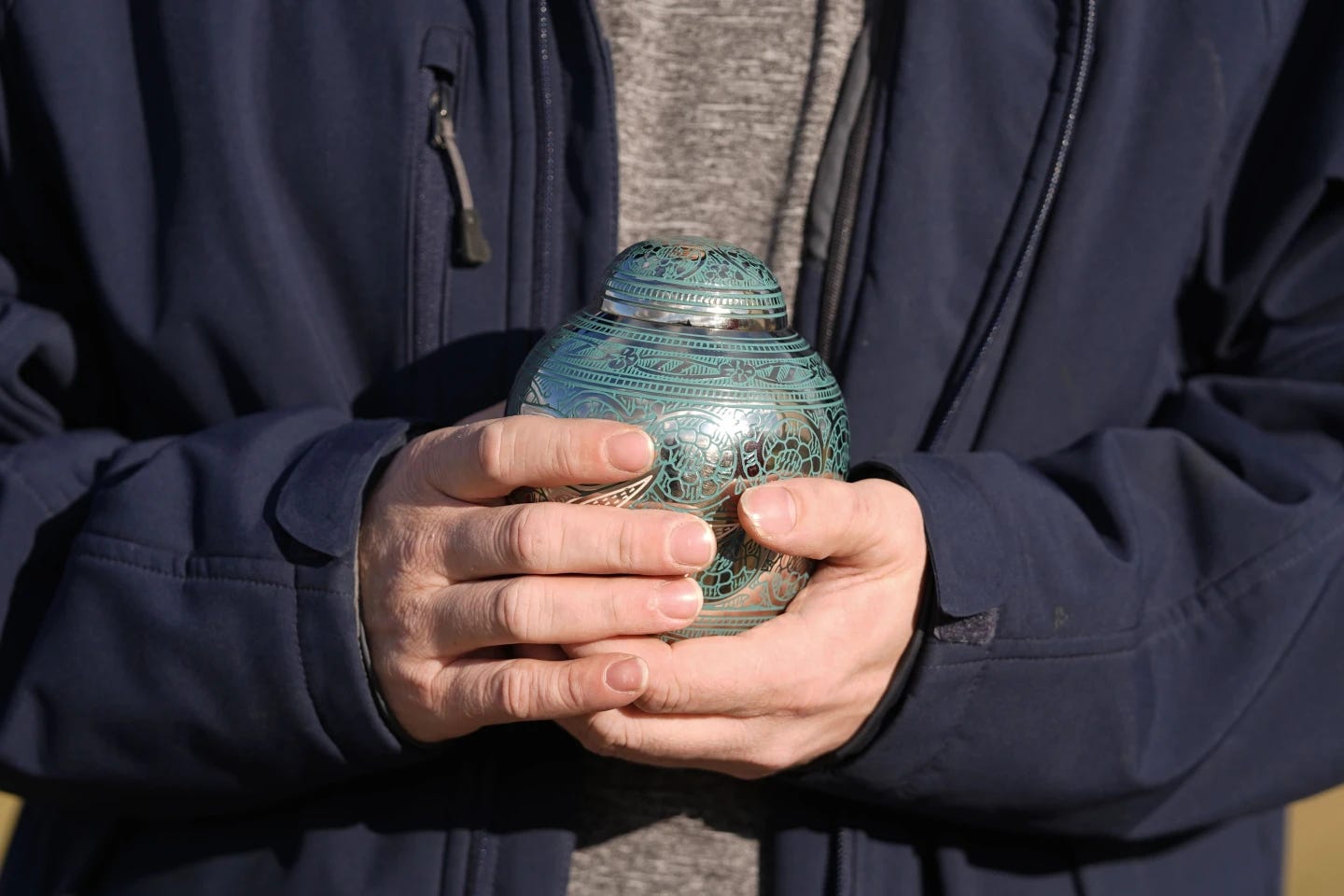DNA Advances Bring Hope for Identifying All Victims of Indiana Serial Killer
WESTFIELD, Ind. (AP) — Nearly 30 years after investigators discovered thousands of human bones on the property of suspected Indiana serial killer Herbert Baumeister, a renewed effort is underway to fi
A dedicated team of scientists and law enforcement officials is working to extract DNA from the remains, with the hope that relatives of men who disappeared between the mid-1980s and mid-1990s will come forward to provide their own DNA samples for comparison.
Baumeister’s sprawling 18-acre (7.3-hectare) Fox Hollow Farm estate in suburban Indianapolis became the focus of a major investigation in 1996 after authorities unearthed 10,000 bones and bone fragments, along with evidence such as handcuffs and shotgun shells. Investigators believed at least 25 victims were buried there. However, Baumeister, a 49-year-old thrift store owner and married father of three, took his own life in Canada before police could question him—leaving behind many unanswered questions.
A Renewed Push for Identification
By the late 1990s, officials had identified eight victims using dental records and early DNA technology. However, funding constraints halted further efforts, leaving at least 17 victims unidentified.
Hamilton County Coroner Jeff Jellison, leading the renewed identification push, discovered that previous county officials had placed the burden of DNA testing costs on families of missing persons, effectively stalling the investigation for decades.
Now, with advancements in forensic genetic genealogy, a collaborative team—including the Indiana State Police, the FBI, and experts at the University of Indianapolis’ Human Identification Center—is revisiting the case.
The effort was reignited in late 2022 when Indianapolis resident Eric Pranger contacted Jellison, hoping to find answers for his family. Pranger’s cousin, Allen Livingston, disappeared in 1993, and his family had long suspected he was among Baumeister’s victims.
DNA Provides Long-Awaited Answers
Scientists at the Indiana State Police Laboratory carefully selected the most promising bone samples for DNA extraction, using advanced techniques to break down bone cells and develop genetic profiles.
Nearly a year after Pranger reached out, Jellison announced that a ninth victim had been identified: Allen Livingston. His mother, Sharon Livingston, had spent decades searching for the truth. She passed away in November 2024, just one month after receiving confirmation that her son’s remains had been found.
“I’m the one who got the ball rolling to bring her son home after 30 years, and I felt privileged,” said Pranger, 34. “But after Allen was identified, I asked myself, ‘Now what? What about all the other families?’”
Ongoing Efforts to Identify More Victims
To date, 40 DNA samples have been submitted by families who suspect their missing loved ones may have fallen victim to Baumeister. These samples are entered into the FBI’s Combined DNA Index System (CODIS) strictly for missing persons identification.
Scientists have successfully extracted eight unique DNA profiles from over 70 of the 100 bones sent for testing, confirming four additional matches to previously identified victims. Three other profiles remain unidentified, while testing continues on two more. These findings raise the confirmed number of Baumeister’s presumed victims to 12.
Investigators continue urging relatives of missing men—especially those who may have been traveling through Indianapolis in the 1980s and 1990s—to come forward with DNA samples. Many of Baumeister’s presumed victims were part of the LGBTQ+ community, and some may have been estranged from family, making identification even more challenging.
“These were individuals who were marginalized in life,” said Dr. Krista Latham, director of the Human Identification Center. “We need to ensure they aren’t forgotten in death as well.”
Honoring the Victims
As more remains are identified, families have the option of cremation or interment at a memorial in Westfield, dedicated in August 2024. The site features a plaque listing the names of identified victims, with space reserved for future discoveries.
The memorial, funded by the nonprofit He Knows Your Name, seeks to honor those who lost their lives. During the dedication, remains of Allen Livingston and another identified victim, Jeffrey Jones, were interred, and white doves were released in remembrance.
Livingston’s younger sister, Shannon Doughty, expressed a mix of emotions after finally learning her brother’s fate.
“At least you know,” she said. “The fear of the unknown is the worst, right? You wanted to know, but you didn’t want to know. But you needed to know.”
How Families Can Help
Relatives of missing men who suspect a connection to Baumeister’s case can provide DNA samples by contacting the Indiana State Police Missing Persons Hotline at 833-466-2653 or the Hamilton County Coroner’s Office at 317-770-4415.


